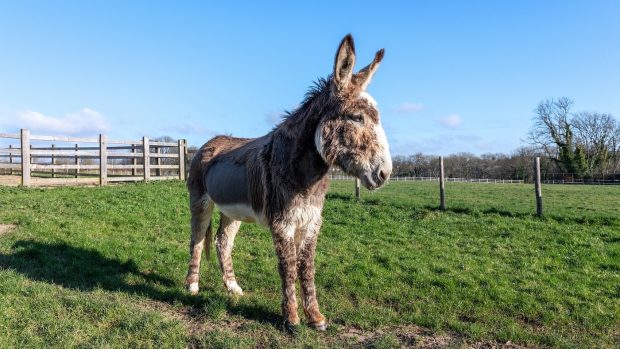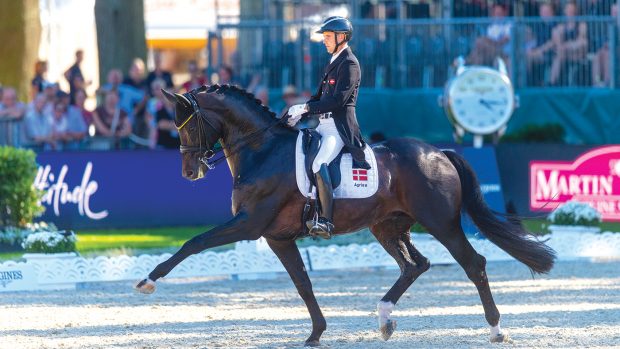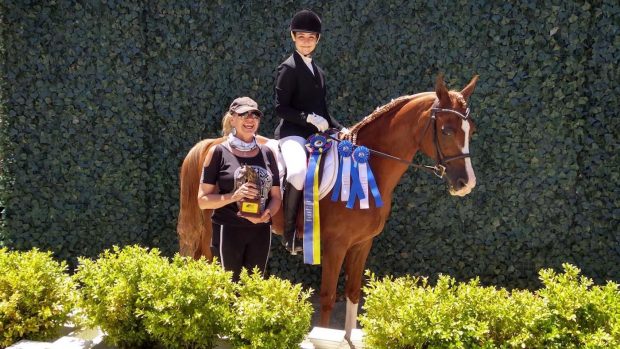Read more veterinary equine news
Bacterial colitis: this occurs when abnormal or pathogenic (disease-causing) bacteria grow in the intestine and the toxins produced by them severely damage the intestinal lining. These bacteria can enter the body via contaminated food or water. The bacteria most commonly associated with colitis in the horse are salmonella (above), campylobacter and Clostridium difficile
A sudden diet change: this can cause entire populations of helpful bacteria in the colon to die off while other populations flourish. Direct damage to the colon wall results from the toxins released by the dying bacteria
Viruses: these include rotavirus, which commonly affects young foals. Rotavirus destroys the cells lining the intestine, halts the absorption of intestinal fluid and causes severe diarrhoea
Parasites: such as the small red worm can cause colitis by damaging the gut lining
Antibiotic usage: this occurs when antibiotics used to help a sick horse indiscriminately kill off normal colon bacteria that release toxins. Disease-causing bacteria can take advantage of the loss of the “friendly” bacteria, thus worsening the situation
Non-steroidal anti-inflammatory drugs: a specific type of colitis can develop if these drugs — of which bute (below) is one — are given in high dosages for excessively long periods. Their contact with the colon wall causes inflammation
For the full veterinary article on colitis, see the current issue of Horse & Hound (11 August, 2011)
Read more veterinary equine news




